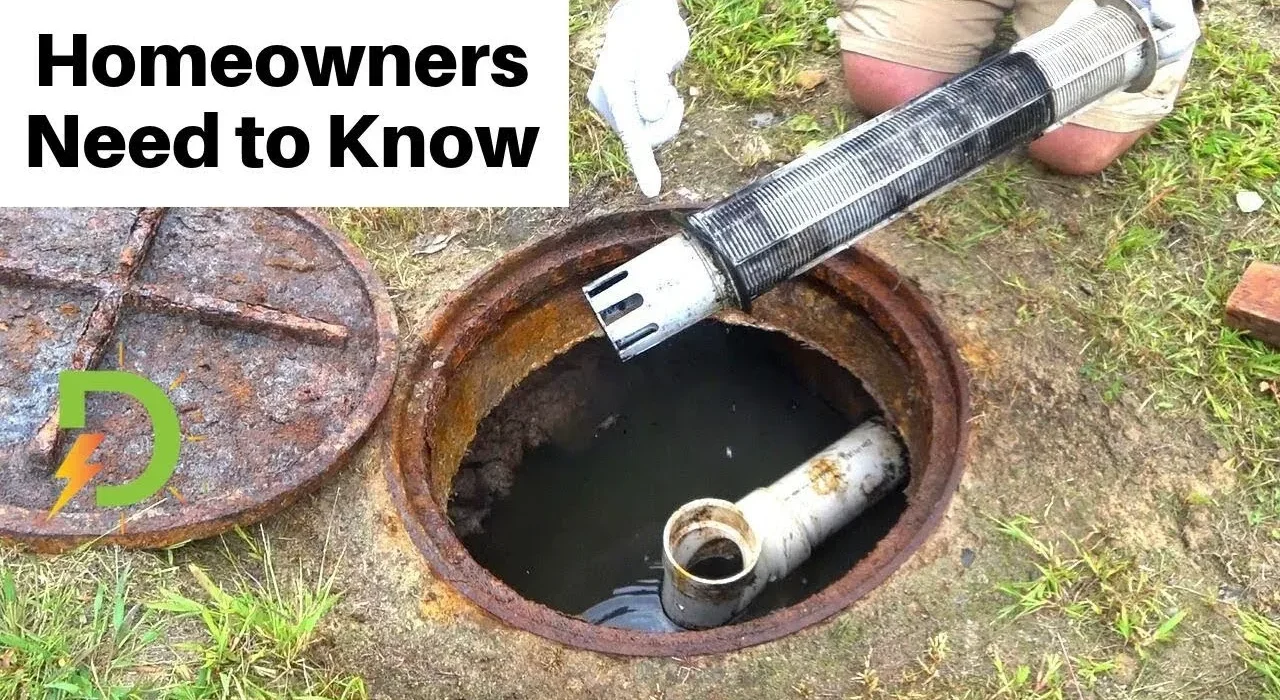Septic tanks are an essential part of many homes, responsible for processing wastewater in areas without access to municipal sewage systems. While routine maintenance is crucial, emergencies can sometimes arise, requiring immediate attention. In this article, we will explore the potential reasons for emergency septic tank pumping, what to do when disaster strikes, and how to prevent these situations from occurring in the first place.
The Importance of Routine Maintenance
Before delving into emergency situations, it’s essential to stress the importance of regular septic tank maintenance. Scheduled pumping and inspections can help identify issues early, preventing them from escalating into emergencies. A well-maintained septic system is less likely to fail when you least expect it.
Common Reasons for Emergency Septic Tank Pumping
- Overflowing Tank: One of the most common reasons for an emergency is an overflowing septic tank. When the tank becomes overloaded with solids and sludge, wastewater can’t flow properly, leading to backups and overflows in your home’s plumbing fixtures.
- Slow Drainage: If you notice slow drainage in sinks, showers, or toilets, it may indicate a problem with your septic system. This could be due to a blockage or excessive sludge in the tank.
- Foul Odors: Persistent foul odors around the septic tank or drainfield area can be a sign of a problem. It may indicate a leak or a malfunctioning system.
- Sewage Backup: The most distressing emergency is a sewage backup in your home. When wastewater backs up into your sinks, toilets, or showers, it’s a clear sign that something is wrong with your septic system.
- Wet or Soggy Yard: If the area around your septic tank or drainfield is constantly wet or soggy, it could be a sign of a leak or a failed system.
What to Do When Disaster Strikes
- Stop Water Usage: If you suspect a septic emergency, the first step is to minimize water usage in your home. This will help prevent further stress on the system and reduce the risk of backups.
- Locate Your Septic Tank: Knowing the location of your septic tank is crucial in an emergency. If you’re unsure, check your property records or contact a professional for assistance.
- Call a Septic Service Company: In the event of a septic emergency, contact a reputable septic service company immediately. They have the equipment and expertise to assess the situation and provide necessary assistance.
- Evacuate the Area: If you suspect a major septic issue, it’s essential to keep yourself and your family safe. Evacuate the immediate area to avoid exposure to hazardous materials.
- Document the Problem: While waiting for professional help, document the issue with photographs or notes. This information can be valuable when communicating with the septic service company and for insurance purposes.
- Don’t Attempt DIY Repairs: It’s tempting to try and fix the problem yourself, but septic system repairs require specialized knowledge and equipment. Attempting DIY repairs can make the situation worse and may pose health risks.
Preventing Emergency Septic Situations
While emergencies can happen, there are steps you can take to reduce the risk of a septic disaster:
- Regular Pumping: Schedule routine septic tank pumping every 3 to 5 years to prevent the buildup of solids and sludge.
- Be Mindful of What You Flush: Avoid flushing non-biodegradable items, chemicals, and excessive grease down the drains. These can clog your septic system.
- Fix Leaks Promptly: Address any plumbing leaks in your home promptly to reduce the amount of water entering your septic system.
- Use High-Efficiency Fixtures: Install high-efficiency toilets, faucets, and washing machines to reduce water usage and strain on your septic system.
- Educate Your Family: Ensure everyone in your household knows what can and cannot be flushed or poured down the drains.
Conclusion
Emergency septic tank pumping is a stressful situation that no homeowner wants to face. However, by understanding the signs of trouble, knowing what to do in an emergency, and taking proactive measures to maintain your septic system, you can significantly reduce the likelihood of such disasters. Regular maintenance and responsible usage are key to ensuring your septic system runs smoothly and provides trouble-free wastewater processing for your home.



